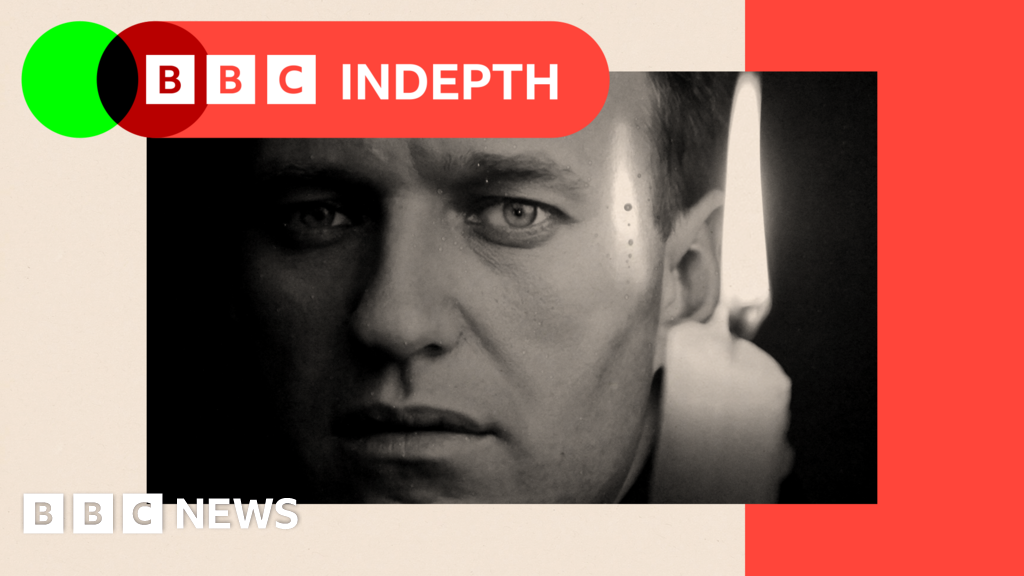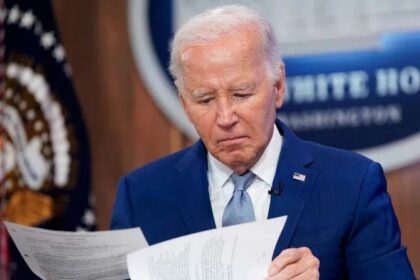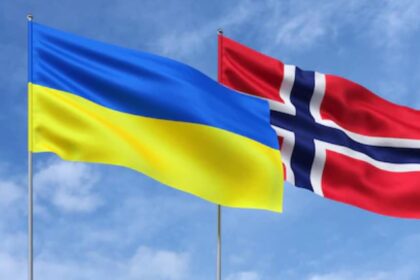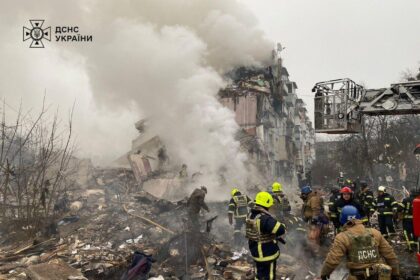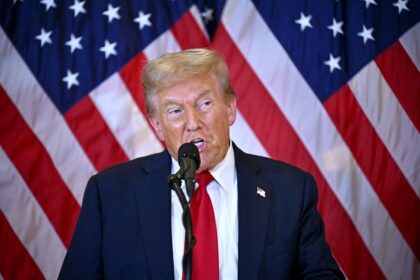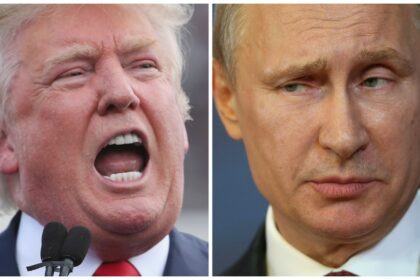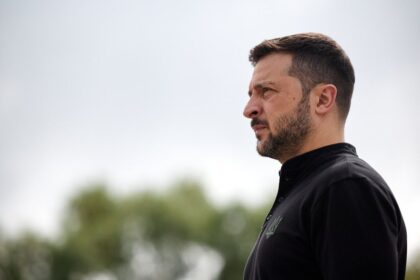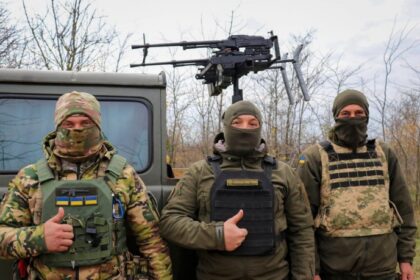This article explores the state of democracy in Russia, focusing on the opposition and their efforts to bring about change. Here are some key points:
1. **Divided dissent**: The Russian opposition is divided, with fierce rivalries and personality clashes between activists.
2. **Dissidents rather than opposition**: Jade McGlynn suggests that Russia’s exiled activists might be better described as “dissidents” rather than a political opposition, due to the challenges they face in challenging those in power.
3. **Surviving Putinism is not enough**: Anastasia Shevchenko argues that simply surviving Putin’s regime is not sufficient; change is needed.
4. **Focus on Ukraine**: While some Russian activists are focused on bringing about change within Russia, others (like Anastasia Shevchenko) are helping Ukrainians in need, such as prisoners of war.
5. **No prospect for liberal democracy**: Jade McGlynn believes that the idea of Russia leaping from Putinism to liberal democracy is highly unlikely.
6. **Spectre of nationalism**: The article suggests that a new opposition might emerge from disgruntled nationalists, especially in a country with many war veterans and their trauma.
7. **Prolonged repression**: Analyst Tatiana Stanovaya predicts that the state will not retreat from its repressive apparatus, even after the current conflict ends.
Some key quotes:
* “Politics is about practicality, otherwise you are a philosopher.” (Jade McGlynn)
* “I hate when people still talk about the ‘beautiful Russia of the future’… You can’t be happy next to destroyed cities where so many people were killed.” (Anastasia Shevchenko)
* “If you can help Ukraine, you should do that. But we Russians are focused only on Russia and I don’t understand it.” (Anastasia Shevchenko)
Overall, the article paints a complex picture of Russia’s opposition and democracy, highlighting the challenges they face in challenging those in power.




